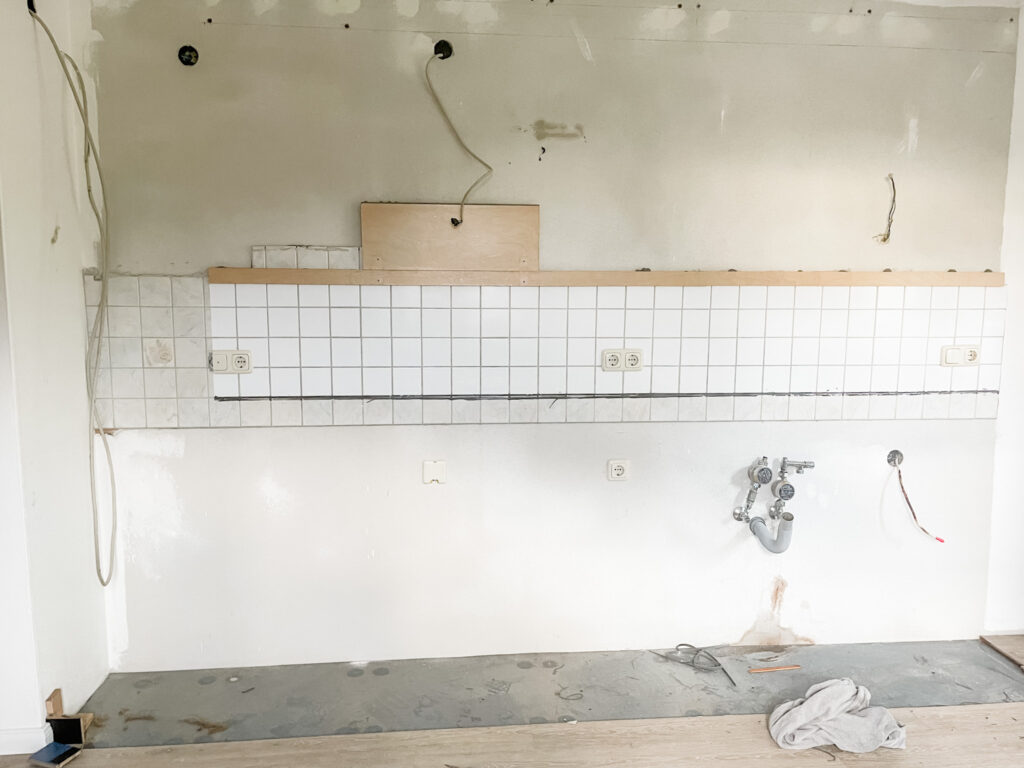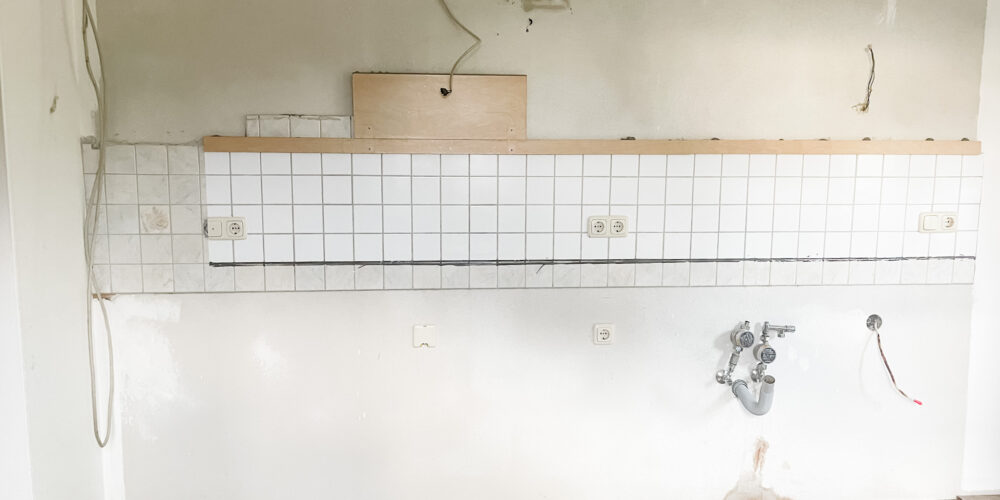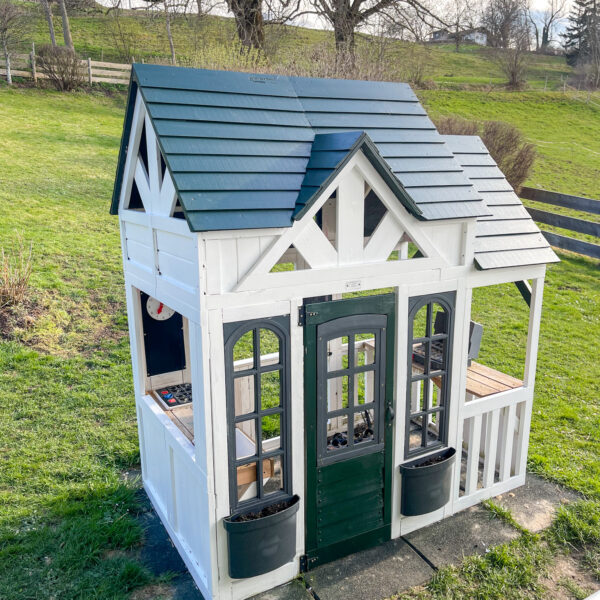Remodeling your house can be an exciting yet daunting task. Whether you’re upgrading your kitchen, adding a new bathroom, or completely overhauling your living space, careful planning and execution are crucial to ensure a successful renovation. Here are some top tips to guide you through the process.

Plan Thoroughly
The cornerstone of a successful home remodel is thorough planning. Begin by outlining your goals for the renovation. What do you want to achieve? Are you looking to increase the value of your home, improve functionality, or simply update the aesthetic? Understanding your objectives will help you make informed decisions throughout the project.
Create a detailed plan that includes a timeline, budget, and list of required materials. Break down the project into smaller tasks and set realistic deadlines for each phase. For example, ‘start to finish window replacement’ would be an estimate in time, labor, and cost. This will help you stay organized and keep track of progress.
Set a Realistic Budget
One of the most common pitfalls in home remodeling is underestimating costs. To avoid this, set a realistic budget that includes a buffer for unexpected expenses. Research the costs of materials, labor, permits, and any other expenses that may arise.
It’s also wise to get multiple quotes from contractors to ensure you’re getting a fair price. Remember that the cheapest option isn’t always the best. Consider the quality of work and the contractor’s reputation before making a decision.
Hire Reputable Contractors
Choosing the right contractor can make or break your remodeling project. Take the time to research and hire reputable professionals who have experience with the type of work you’re undertaking. Ask for recommendations from friends and family, read online reviews, and check references.
Once you’ve selected a contractor, ensure that all agreements are put in writing. A detailed contract should outline the scope of work, timeline, payment schedule, and any warranties or guarantees.
Prioritize Essential Upgrades
When remodeling, it’s essential to prioritize upgrades that will have the most significant impact on your home’s functionality and value. Focus on improvements that enhance the efficiency, safety, and comfort of your living space. For example, upgrading outdated plumbing and electrical systems, improving insulation, and installing energy-efficient windows can provide long-term benefits.
While aesthetic upgrades are important, they should come secondary to functional improvements. A beautiful home is worthless if it lacks basic amenities and safety features.
Be Prepared for the Unexpected
Even the best-laid plans can encounter unexpected issues. Whether it’s discovering hidden water damage or encountering supply chain delays, being prepared for the unexpected is crucial. Build a contingency plan and allocate a portion of your budget for unforeseen problems.
Maintaining a flexible mindset will help you navigate challenges without unnecessary stress. Remember that delays and changes are a normal part of the remodeling process.
Communicate Clearly
Clear communication with your contractor and any other professionals involved in the project is essential. Regularly check in on the progress and address any concerns promptly. Misunderstandings can lead to costly mistakes and delays, so make sure everyone is on the same page.
Create a communication plan that includes regular updates, meetings, and a designated point of contact for questions and concerns. This will help keep the project running smoothly and ensure that your vision is being realized.
Consider the Long-Term Impact
When making design choices, think about the long-term impact on your home. Opt for timeless styles and high-quality materials that will stand the test of time. While trendy designs may be appealing now, they can quickly become outdated and require additional renovations in the future.
Additionally, consider the environmental impact of your remodel. Incorporate sustainable practices such as using eco-friendly materials, improving energy efficiency, and minimizing waste. Not only will this benefit the planet, but it can also increase the value of your home.
Pay Attention to Permits and Regulations
Before starting any remodeling project, ensure that you have the necessary permits and are compliant with local building regulations. Failing to obtain the proper permits can result in fines, delays, and even having to undo completed work.
Consult with your contractor or a building inspector to determine which permits are required for your project. They can guide you through the application process and ensure that all work is up to code.
Keep Your Lifestyle in Mind
Consider how the remodeling project will impact your daily life. If the renovation is extensive, you may need to make temporary living arrangements. Plan for disruptions to your routine and find ways to minimize inconvenience.
Enjoy The Process
By following these top tips, you can ensure that your home remodeling project is well-planned, efficiently executed, and ultimately successful. Happy remodeling!







Leave a Reply